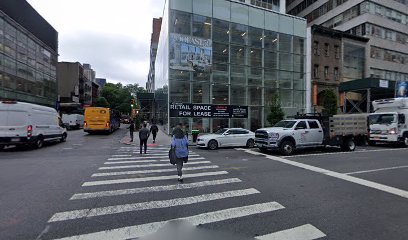By Scott Malone
CAMBRIDGE, Mass. (Reuters) – An advocacy group for the deaf on Thursday sued Harvard University and the Massachusetts Institute of Technology, saying the elite schools had violated laws by posting online video and audio recordings for public use that lacked accurate captions. Two lawsuits charged that Harvard and MIT said the webcast recordings were intended to provide the public free access to the schools but were unusable by people with difficulty hearing because they either lacked captions or had captions that were so poor as to be unusable. “Harvard has largely denied access to this content to the approximately 48 million – nearly one out of five – Americans who are deaf or hard of heading,” plaintiffs, including the National Association for the Deaf, said in a filing in U.S. District Court in Boston on Thursday. The separate lawsuit filed against MIT contained similar language. Both suits seek class-action status.
The suits against the Cambridge, Massachusetts-based schools asked the court to find that the schools violated Title III of the Americans with Disabilities Act by failing to caption the programing and to order the schools to provide accurate captions in the future. The National Association for the Deaf cited a 2009 video of President Barack Obama visiting MIT that transcribed his words “go down on the solar cell” as “go down on dollars OK.” Each school declined to comment directly on the suit. MIT spokeswoman Kimberly Allen said the school had not seen the suit but that it was committed to making its online material accessible to the hearing impaired. Harvard spokesman Jeff Neal said the university expected the U.S. Department of Justice to guidance on the subject in June and that Harvard would comply.
The two schools were early participants in the edX learning initiative that started in 2012 and allows students to take free online courses and earn certificates for completing their work. Officials at each university have long maintained the programs are not at all comparable to enrolling in the highly selective schools. “If you are a hearing person, you are welcomed into a world of lifelong learning,” said Arlene Mayerson, a lawyer for plaintiffs in the MIT case. “No captions is like no ramp for people in wheelchairs.”


















